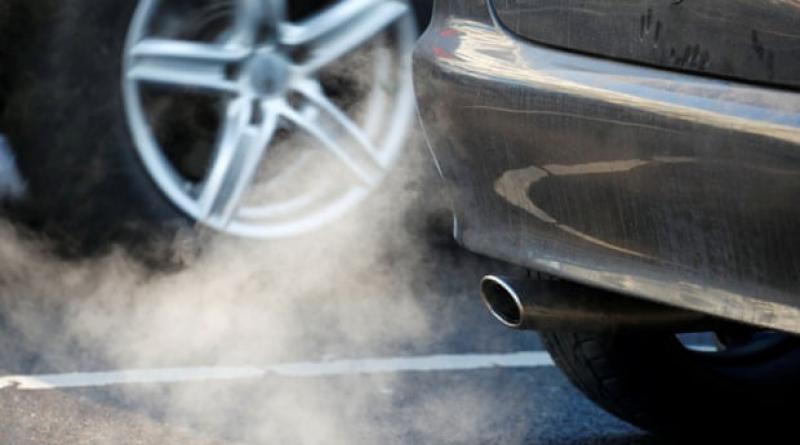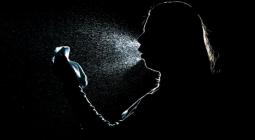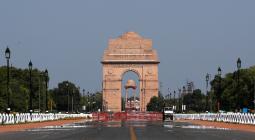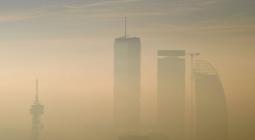Cut air pollution to help avoid second coronavirus peak, MPs urge.

Cross-party group highlights new evidence on how dirty air may worsen infections
Air pollution must be kept at low levels to help avoid a second peak of coronavirus infections, according to a cross-party report from MPs.
There is growing evidence from around the world linking exposure to dirty air and increased infections and deaths from Covid-19. Lockdowns cut air pollution levels in many places, but the MPs said measures were needed to ensure it remains low.
The report is based on evidence from scientists, businesses and local authorities and proposes a series of actions, including the continuation of home working, increased cycle lanes and training, more frequent public transport services to avoid crowding and the phasing out of wood and coal burning in homes. It also urges the rollout of clean air zones, currently delayed by the pandemic, and a scrappage scheme for dirty vehicles.
The launch of the report also revealed new evidence of a biological mechanism that could explain how air pollution increases Covid-19 infections and the suggestion that pollution could help explain why certain minority ethnic groups have been more affected by the virus.
“We need a wide-ranging air quality response as we emerge from lockdown and not an accentuated Covid-19 second peak because people get into their cars instead of using public transport or working from home,” said MP Geraint Davies, chair of the all-party parliamentary group on air pollution.
“Some proposals can be introduced immediately and will help to ensure that a second peak does not overwhelm the NHS,” he said. “All will deliver cleaner air over subsequent years to help to ensure better public health and greater resilience against future pandemics.”
Davies said measures to reduce pollution, such as travelling less, were the same as those that reduced contact between people and therefore the risk of infection. “They go hand in hand,” he said. The report will be submitted to government. Davies said: “This is something that should be on the prime minister’s desk and taken very seriously.”
Prof Jonathan Grigg of Queen Mary University of London said: “It is increasingly likely that air pollution increases vulnerability to Covid-19 infection. Preventing the most polluting traffic from re-emerging on to our roads should therefore be part of Covid-19 policy.”
He told the launch event that his new laboratory research had shown short-term exposure of airway cells to pollution particles from traffic increased the number of the ACE2 receptors that coronavirus hijacks to enter the body. “We showed a highly significant increase,” he said.
The next step in the research, which has not yet been peer-reviewed, is to confirm that virus infection does increase in these cells. “I would be surprised if it didn’t,” Grigg said.
Also speaking at the launch event were researchers from Harvard University in the US, whose research indicates that even a tiny, single-unit increase in particle pollution levels in the years before the pandemic is associated with a significant increase in the death rate.
“Air pollution and Covid-19 are even more dangerous together,” said Rachel Nethery at Harvard. “This information can help us prepare by encouraging these populations in areas with higher air pollution to take extra precautions and allocating extra resources.”
She said air pollution might help explain the differences being seen in Covid-19 mortality rates between different racial groups. “People of colour and poor people are disproportionately affected by air pollution,” she said.
The Harvard team initially estimated the rise in death rate associated with a single-unit increase in fine particle pollution at 15%. But further analysis, taking into account a wider range of other factors, reduced this to 8%, still a significant increase.
Xiao Wu, another member of the Harvard team, said the result was consistent between both rural and urban areas, and between different statistical approaches. The team have also found similar results for nitrogen dioxide, a pollutant produced by diesel vehicles and at illegal levels in most urban areas in the UK.
Prof Alastair Lewis, at the University of York and chair of the UK government’s air quality expert group, also spoke at the launch event. He said: “The changes seen in some air pollutants during lockdown have been dramatic and give an indication of what should be possible for the UK in the future.”
29 May 2020
The Guardian





